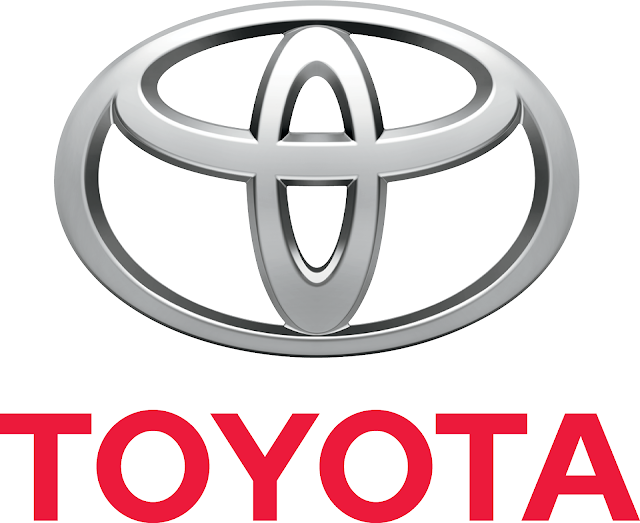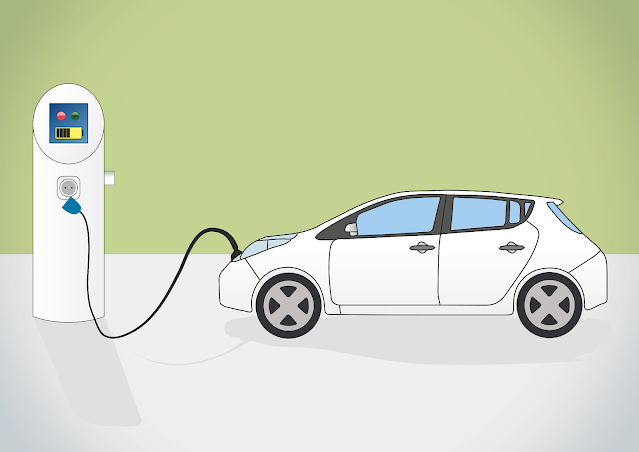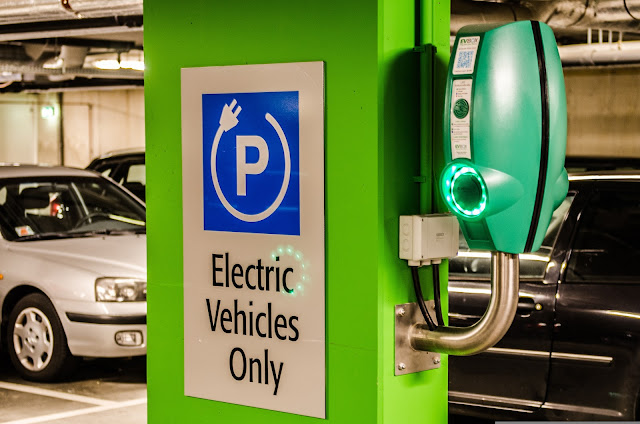Toyota's Electrification Journey: Pioneering EV Production in the US and Propelling Sustainable Mobility
In conjunction with this development, Toyota will bolster production capacity at a new battery factory currently under construction in North Carolina. The North Carolina facility is slated to begin producing batteries for both hybrid cars and EVs from 2025. With the latest investment, Toyota's total funding for the North Carolina factory will amount to $5.9 billion.
This announcement aligns with the increased emphasis by the
administration of U.S. President Joe Biden on global automakers to manufacture
all-electric vehicles in North America. To incentivize the production of EVs in
the region, the Inflation Reduction Act, which became law last year, provides
tax breaks for consumers who purchase EVs assembled locally.
As Toyota makes significant strides towards electrifying its
vehicle lineup and establishing a strong presence in the EV market, one cannot
help but ponder: What impact will Toyota's foray into electric vehicles have on
the future of automotive innovation and the global shift towards sustainable
transportation? With its vast resources and commitment to quality, will
Toyota's entry into the EV arena shape the industry and redefine the boundaries
of what is possible? Only time will tell, but one thing is certain: Toyota's
electrification journey holds immense potential and promises an exciting
chapter in the story of electric vehicles.
Related Article:
Exploring Society 5.0: Toyota Motor Corp Drives the Future of AI and Smart Cities
Toyota and Subaru Forge Electric Vehicle Partnership for Exciting Future




Comments
Post a Comment